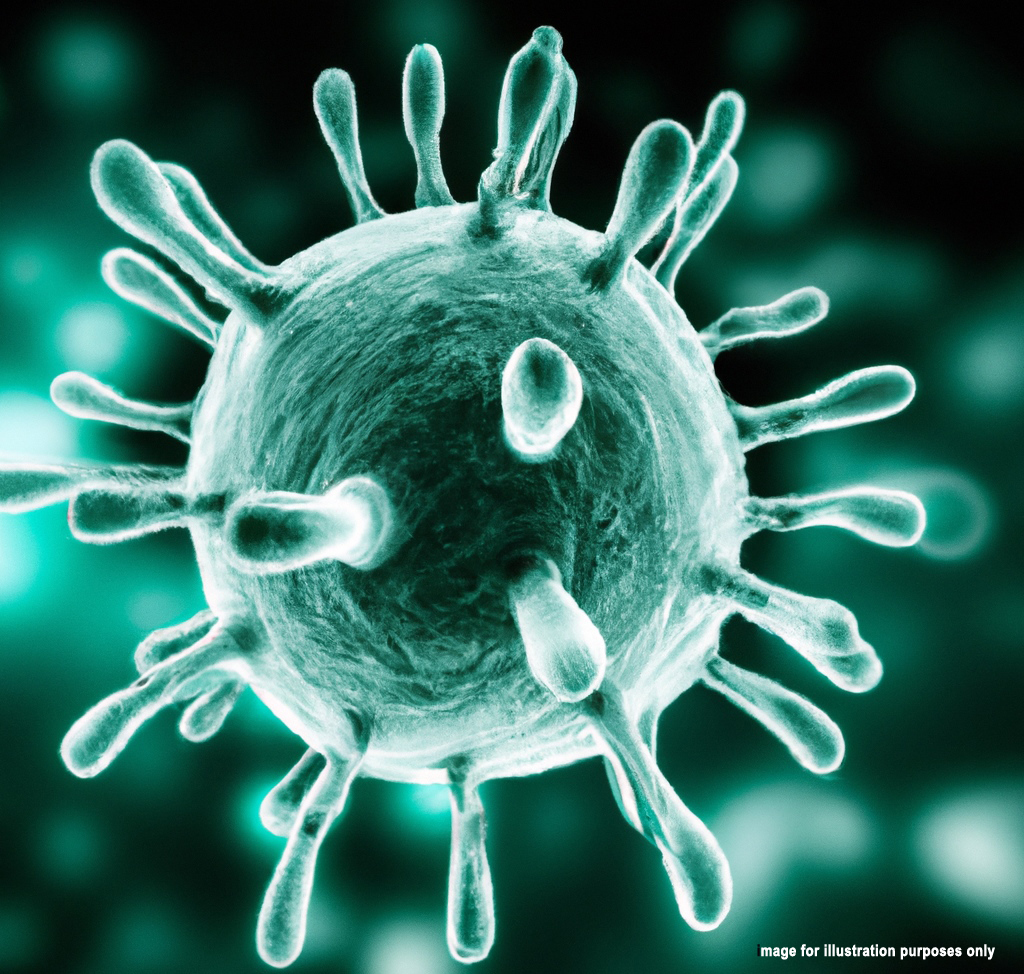Urinary Tract Infection

A urinary tract infection (UTI) is an infection that can occur anywhere
along the urinary tract. Different names are used depending on which part of
the urinary tract is infected.
• Bladder: Infection in the bladder is known as cystitis or a bladder
infection.
• Kidneys: Infection of one or both kidneys is called pyelonephritis or a
kidney infection.
• Ureters: Infection of the tubes that transport urine from each kidney to
the bladder is rare.
• Urethra: Infection of the tube that carries urine from the bladder to the
outside is referred to as urethritis.
Causes
Urinary tract infections are typically caused by germs, usually bacteria,
that enter the urethra and then the bladder. This can result in infection,
primarily in the bladder, which can potentially spread to the kidneys.
Although the body can often eliminate these bacteria, certain conditions
increase the risk of UTIs.
Women are more prone to UTIs due to their shorter urethra and its proximity
to the anus compared to men. Factors such as sexual activity or the use of a
diaphragm for birth control increase the risk in women. Menopause is also
associated with a higher risk of UTIs.
Additional risk factors include:
• Diabetes
• Advanced age (especially among individuals in nursing homes)
• Incomplete bladder emptying (urinary retention)
• Presence of a urinary catheter
• Bowel incontinence
• Enlarged prostate, narrow urethra, or any obstruction to urine flow
• Kidney stones
• Prolonged immobility (e.g., during recovery from a hip fracture)
• Pregnancy
• Urinary tract surgery or procedures
Symptoms
Symptoms of a bladder infection may include:
• Cloudy or bloody urine with a strong or foul odor
• Mild fever (not always present)
• Pain or burning sensation during urination
• Pressure or cramping in the lower abdomen or back
• Frequent urge to urinate, even immediately after emptying the bladder
If the infection spreads to the kidneys, symptoms may include:
• Chills, shaking, or night sweats
• Fatigue and overall malaise
• Fever exceeding 101°F
• Pain in the side, back, or groin area
• Flushed, warm, or reddened skin
• Altered mental status or confusion (especially in elderly individuals)
• Nausea and vomiting
• Severe abdominal pain (occasionally)
Exams and Tests
A urine sample is typically collected for various tests, including:
• Urinalysis to detect white blood cells, red blood cells, bacteria, and
certain chemicals such as nitrites.
• Urine culture to identify bacteria and determine appropriate antibiotic
treatment.
Additional tests may be conducted to assess the urinary system and rule out
complications, including:
• Abdominal CT scan
• Intravenous pyelogram (IVP)
• Kidney ultrasound
• Voiding cystourethrogram
Treatment
Treatment depends on the severity of the infection:
Mild Bladder and Kidney Infections
Antibiotics are usually prescribed orally to prevent the infection from
spreading to the kidneys. Treatment duration varies:
• For uncomplicated bladder infections: 3 days (for women) or 7-14 days (for
men).
• For bladder infections with complications (e.g., pregnancy, diabetes) or
mild kidney infections: 7-14 days.
Completing the full course of antibiotics is essential, even if symptoms
improve. Commonly used antibiotics include trimethoprim-sulfamethoxazole,
amoxicillin, Augmentin, doxycycline, and fluoroquinolones. Phenazopyridine
hydrochloride may be recommended for pain relief.
Fluid intake should be increased, and certain preventive measures may be
suggested for recurrent infections.
More Severe Kidney Infections
Hospitalization may be necessary for severely ill individuals who cannot
take oral medications or fluids adequately. Intravenous fluids and
antibiotics are administered in such cases.
Chronic UTIs
Persistent or recurrent UTIs may require long-term antibiotic therapy, and
underlying anatomical issues may necessitate surgical intervention.
Outlook (Prognosis)
Treatment is generally effective, with symptoms typically resolving within
24-48 hours for bladder infections and 1 week or longer for kidney
infections.
undo Common Diseases in Malaysia